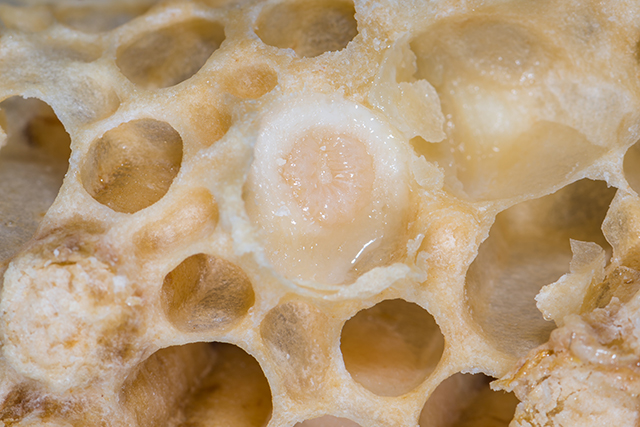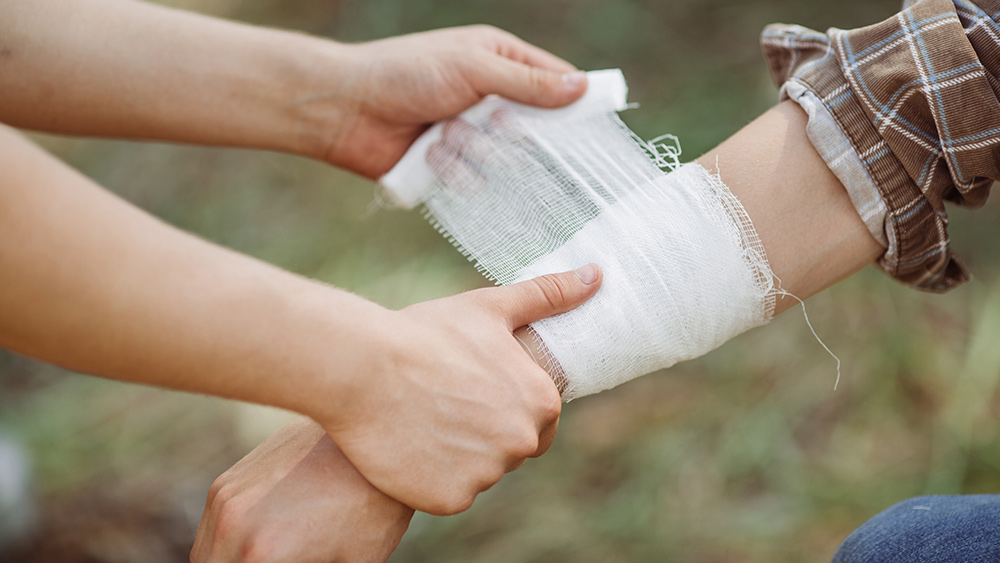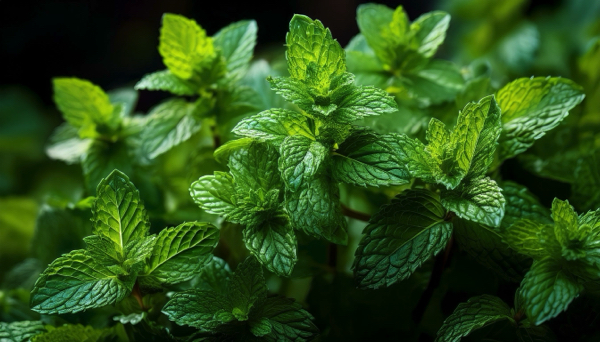5 Proven ways to boost testosterone naturally
03/19/2024 / By News Editors

Boosting testosterone has become all the rage today, but unless you activate your body’s innate ability to do it naturally you will have to face the possibility of serious side effects
(Article republished from GreenMedInfo.com)
As men reach their mid-forties their testosterone levels begin to decline, with approximately 1% to 2% decrease in measurable blood levels annually, and then dropping off precipitously after age 60 into full blown “andro-pause.” This ever-increasing decline can have a wide range of adverse effects, both physically and psychologically, ranging from muscle loss to insulin resistance, low libido to depression.
Today, an increasing number of aging men are opting for testosterone replacement therapy, some with dramatic results. But this approach, while often positive in the short term, can have some serious drawbacks in the long term, especially if the underlying and modifiable factors causing the deficiency are not addressed at their root.
First, testosterone replacement therapy often involves administering levels far higher than a normal physiologic dose, which increases the risks of serious side effects, including certain cancers.
Second, when testosterone is replaced, a negative endocrine feedback loop is activated sending a signal to the gonads to reduce its production further, ultimately feeding the original deficiency and even leading to testicular atrophy.
Third, when testosterone levels are suddenly increased through exogenous sources, there is often a concomitant increase in testosterone metabolites such as dihydrotestosterone (DHT) and estradiol, both which can lead to some particularly undesirable downstream effects, which include male pattern hair loss and excessive prostate growth.
Given these risks, the obvious alternative path is to support the body’s natural production of testosterone both by removing testosterone blocking chemicals and supporting one’s own body’s ability to produce more testosterone endogenously.
First, here are 5 things that one should avoid to keep testosterone production optimal:
1) Statin Drugs: No category of drug is so thoroughly confirmed in the biomedical literature to suppress testosterone production and/or libido in men. Not only are these drugs misrepresented as ‘live saving’ for cardiovascular disease, but they may contribute to over 200 different adverse health effects. Any man concerned with preserving his production of testosterone should consider avoiding this drug class in favor of natural lipid lowering alternatives. [View supporting citations]
2) Bisphenol A: This ubiquitous endocrine disrupter found mostly in plastics, canned foods, and thermal printer receipts, has been found to block testosterone production in the testicles and to have potentially “feminizing” estrogenic effects. Also, don’t be fooled by so-called “Bisphenol A free” products, because it turns out that many contain other bisphenols which have at least the same toxicity profile. [View supporting citations]
3) Phthlates: Mainly used in plastics to make them flexible (i.e. a plasticizer), but also found in pharmaceuticals as an excipient and in cosmetic products, it has been found to suppress testosterone production. [View supporting citations]
4) Parabens: Another ubiquitous petrochemical found as a preservative in a wide range of products, but especially cosmetics and body care productions, it has been found to disrupt testosterone levels. [View supporting citations]
5) Glyphosate (GMO food): This testosterone-disrupting chemical is now found virtually everywhere in regions where GM agriculture predominates. Most GMO foods are designed to survive being sprayed with glyphosate, and therefore are contaminated with significant residues. But even explicitly non-GMO foods like oats are sprayed with the stuff as a pre-harvest desiccant. Therefore the best way to avoid exposure is to eat 100% Certified Organic foods. [View supporting citations]

Now, here are five natural things that may help boost your testosterone naturally:
1) Zinc: It is well known that zinc deficiency can lead to testicular suppression, including suppression of testosterone levels.[1][2] The male prostate happens to have one of the highest concentrations of zinc of any organ within the body, indicating how important it is to the male reproductive system. Also, physical activity in both normally sedentary men and elite athletes can lead to both testosterone and thyroid hormone suppression, which can be mitigated by zinc supplementation.[3][4] Zinc has also been found to protect against heavy metal (cadmium) associated DNA damage to the testicles, preserving their ability to produce testosterone.[5] Animal research also indicates that it can improve erectile function along with optimizing levels of prolactin and testosterone.[6] Keep in mind that minerals are connected in a matrix of interdependence. Excess zinc can lead to copper deficiency and vice versa. This speaks to the importance of working with a licensed health professional versed in this area of expertise to help clinically ascertain your deficiencies and rectify them without causing unintended adverse effects. When in doubt, locate food sources of the minerals you are trying to replenish your body with from food, as minerals have a far lower risk of causing imbalances when found in food form. You can always use this USDA-based database to find the top nutrient-containing foods of your choice.
2) Vitamin C: One of the most important ways to optimize testosterone levels is to preserve its activity and regenerate it when it naturally converts to a transient hormone metabolite. Preliminary research indicates that vitamin C, a well-known electron donor, may be able to both regenerate testosterone and reduce levels of its toxic hormone metabolite.[7] Read “Sunshine Vitamin Regenerates and Detoxifies Your Hormones” to learn more.
3) Magnesium: Magnesium levels are strongly and independently associated with the anabolic hormones testosterone and IGF-1 in the elderly. This observation indicates that this mineral, which is involved in over 300 enzyme pathways, can help to positively modulate the anabolic/catabolic equilibrium which is often disrupted in elderly people.[8] One proposed mechanism for magnesium’s testosterone boosting role is that it inhibits the binding of testosterone (TT) to sex hormone-binding globulin (SHBG) leading to an enhancement of bioavailable TT.[9]
4) Saw Palmetto/Astaxanthin: One of the best ways to increase testosterone naturally is to block it from converting to dihydrotestosterone and estrogen (estradiol). This can be accomplished through natural aromatase enzyme inhibitors and 5-alpha reductase inhibitors. 5-alpha reductase is an enzyme that converts testosterone into dihydrotestosterone and aromatase enzyme converts testosterone into estradiol. A promising study from 2009 found that in healthy males between 37-70 years of age a combination of these two substances resulted in exactly such an improved ratio: increased testosterone, decreased estrogen and dihydrotestosterone.[10]
5) Phosphatidyl serine: This critically important cell membrane component, mainly found in meat, fish and dairy products, but also found in soy and sunflower lecithin, has been found to decrease cortisol levels and increase testosterone levels following moderate physical activity in athletes.[11]
You can find additional research on natural ways to boost testosterone on our Testosterone database. Also, if you are interested in learning more about the related topic of increasing libido naturally you can read: 13 Alternatives to Viagra That Won’t Fall Flat. Finally, if you are looking for natural ways to detoxify testosterone-blocking chemicals in your body, check out this article: 8 Surprisingly Simple Ways to Detoxify Your Body.
Read more at: GreenMedInfo.com
Submit a correction >>
Tagged Under:
alternative medicine, astaxanthin, health science, magnesium, men's health, natural cures, natural health, natural medicine, nutrients, nutrition, phosphatidyl serine, remedies, supplements, testosterone, vitamin C, zinc
This article may contain statements that reflect the opinion of the author
RECENT NEWS & ARTICLES
consumerwellness.info is a fact-based public education website published by consumerwellness.info
All content copyright © 2023 by consumerwellness.info
Contact Us with Tips or Corrections
All trademarks, registered trademarks and servicemarks mentioned on this site are the property of their respective owners.




















